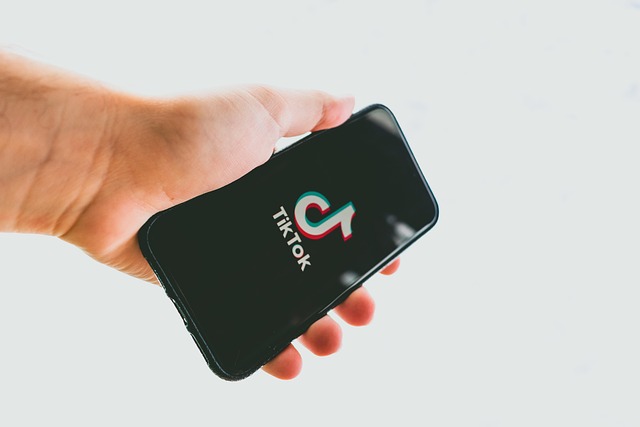In today’s fast-paced digital landscape, the way we build and maintain relationships has undergone a dramatic transformation. The rise of social media has not only altered the nature of our interactions but has also redefined what it means to have a relationships networked. Gone are the days when the strength of friendships was measured by shared experiences and face-to-face meetings. Now, a simple click can bring people together from all corners of the globe, changing the fabric of our social lives.
Social media platforms like Facebook, Instagram, Twitter, and LinkedIn have become integral tools for fostering connections. They enable us to stay in touch with friends and family, no matter the distance, and also allow us to cultivate new friendships and professional relationships that wouldn’t have been possible otherwise. This ever-expanding network of contacts creates a rich tapestry of interactions, where keeping up with someone’s life can be as simple as scrolling through their feed.
The impact of social media on our relationships is profound. On one hand, it offers unparalleled convenience; we can share life updates, support one another through challenging times, and celebrate achievements—all in real-time. The instant gratification of likes and comments feeds our sense of belonging and validation. Yet, this digital connectivity also invites challenges. The quality of interactions can sometimes suffer as we prioritize quantity over depth, leading to superficial connections that may lack the emotional richness of face-to-face encounters.
Moreover, the curated nature of social media can distort our perceptions of reality. When we view others’ highlight reels, we may unintentionally measure our own lives against an idealized benchmark. This can lead to feelings of inadequacy, anxiety, and distance within our relationships networked. It’s crucial to recognize that behind the glossy photos and status updates are real individuals with their own struggles and insecurities. Acknowledging this fact allows us to foster empathy and strengthen the emotional bonds that truly matter.
As we navigate these complexities, it’s essential to find a balance. Social media can indeed serve as a helpful tool, but it should complement, rather than replace, traditional forms of communication. Investing time in face-to-face interactions, whether through casual meet-ups, video calls, or even phone conversations, can greatly enhance the quality of our connections. These interactions nurture trust and intimacy—elements that are often diluted in the virtual realm.
Furthermore, creating boundaries around our social media use can also protect our mental well-being and relationship quality. It’s beneficial to have periods of digital detox to reconnect with ourselves and our loved ones on a deeper level. This allows us to engage more authentically, paving the way for stronger, more meaningful relationships networked through shared experiences rather than just screen time.
In conclusion, as we observe the evolution of contacts in our increasingly digital society, it is imperative that we consciously shape how we interact with others. By embracing both the advantages and challenges presented by social media, we can cultivate a relationships networked that is rich, fulfilling, and deeply connected.




